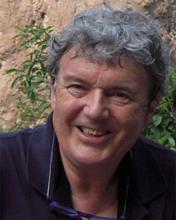Neuroscience News

Becca Van Sickler receives the Galileo Circle Copernicus Award
Congratulations to Becca Van Sickler for receiving the Copernicus award. The Copernicus Award is one of the highest honors the College of Science can bestow on its non-tenure eligible faculty, appointed personnel or classified staff. Becca is the acknowledged heart of the undergraduate program in Neuroscience and Cognitive Science (NSCS). Becca became part of the NSCS program at its inception and has been a constant and powerful guide and advocate for students and faculty as the program has grown from the first class of 29 students to the current enrollment of more than 500 students.
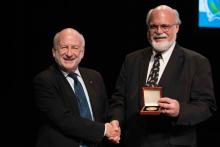
Hildebrand receives the Wigglesworth Medal
Dr. John G. Hildebrand receives the Wigglesworth Medal of the Royal Entomological Society from the past President, Dr. John A. Pickett.
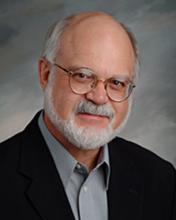
$50K Donation to the John G. Hildebrand Endowment in Neuroscience
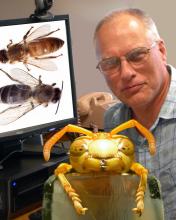
Wulfila Gronenberg promoted to Professor

Birdsong Could Offer Clues to Human Speech Disorders

Alan Nighorn receives University Distinguished Professor Award
Lynne Oland receives Copernicus Award
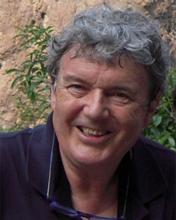
Evidence of Ancient Brains
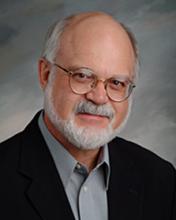
John Hildebrand Elected Foreign Secretary of the National Academy of Sciences
